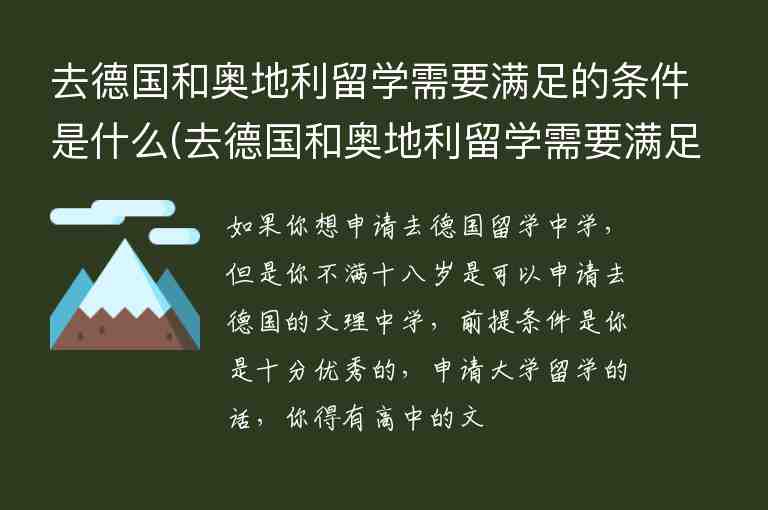荡气回肠(dàng qīng huí cháng)是一个汉语成语,指某种声音或感情激动的程度深刻,使人感慨万千。通常用来形容某种场景或给人带来强烈的震撼和感动。
怎么读(音标)
dàng qīng huí cháng [dɑŋ tɕiŋ xweɪ tʂʰɑŋ]
用法
作为一个成语,荡气回肠通常用来形容某种场景或给人带来强烈的震撼和感动。它可以用在口语中,也可以用在书面语中。在书面语中,它通常出现在文章的描写部分,起到增强文笔效果的作用。
例句1-5句且中英对照
1. 这部电影讲述了一段令人心碎的爱情故事,看得我心里荡气回肠。
This movie tells a heartbreaking love story that left me feeling deeply moved.
2. 音乐会上小提琴演奏家的精湛技艺让观众们陶醉,整个大厅都充满了荡气回肠的美妙音符。
The violinist's exquisite performance at the concert left the audience enraptured, filling the entire hall with enchanting and moving melodies.
3. 这首歌的歌词充满了对生活的热爱和感激,每次听都让我心中荡气回肠。
The lyrics of this song are filled with love and gratitude for life, and every time I listen to it, my heart is deeply moved.
4. 那位老人讲述了他在战争中的经历,令人难忘的故事让我们都感受到了荡气回肠的力量。
The old man shared his experiences in the war, and his unforgettable story left us all feeling the power of being deeply moved.
5. 这幅画所表现出来的情感让人们仿佛置身其中,荡气回肠,仿佛能听到画中人物心中的声音。
The emotions portrayed in this painting make people feel as if they were immersed in it, deeply moved, as if they could hear the voices in the hearts of the characters in the painting.
同义词及用法
荡气回肠可以和“动人心弦”、“感染心灵”、“震撼人心”等表达相比较。它们都可以用来形容某种场景或带来强烈的感动和震撼。但是,“荡气回肠”更加强调对情感和内心世界的深刻触动。
编辑总结
“荡气回肠”是一个非常有力量和美妙的成语,它可以用来形容某种场景或给人带来强烈的震撼和感动。它的使用范围广泛,可以用在口语中,也可以用在书面语中。作为一个词典编辑翻译人员,我们需要注意把握好它的用法和含义,以便在适当的场合使用。同时,我们也要注意避免过度使用成语,以免影响文章的流畅性和可读性。
